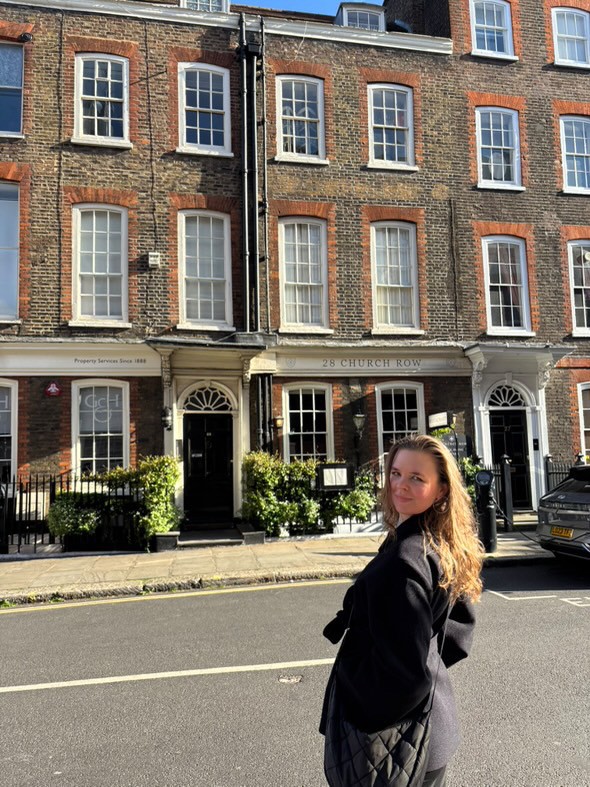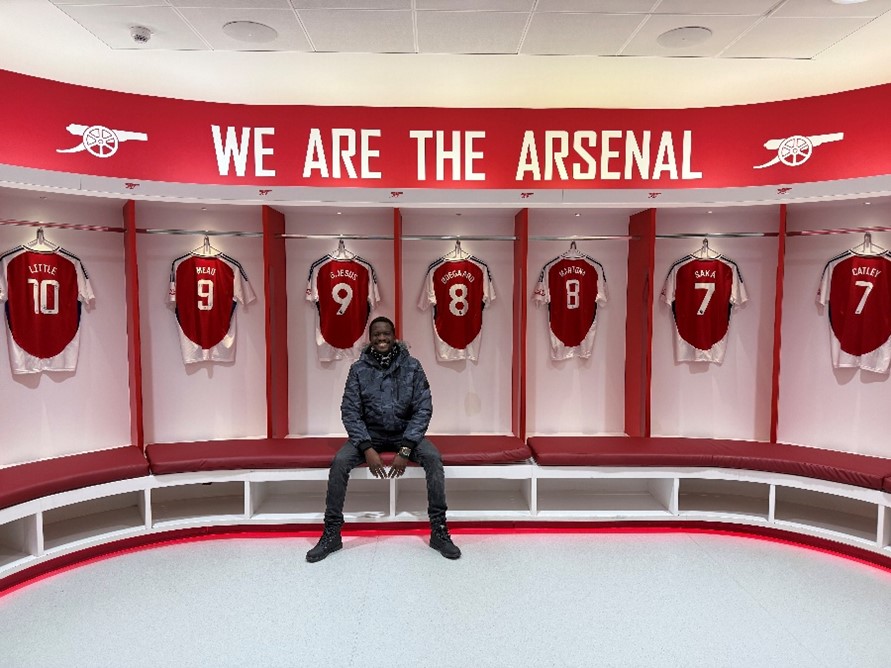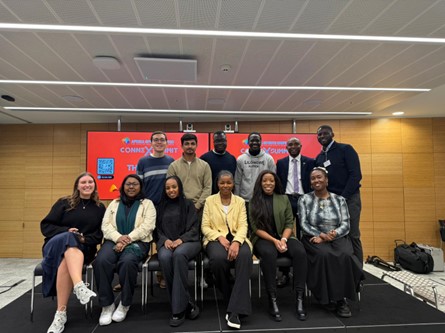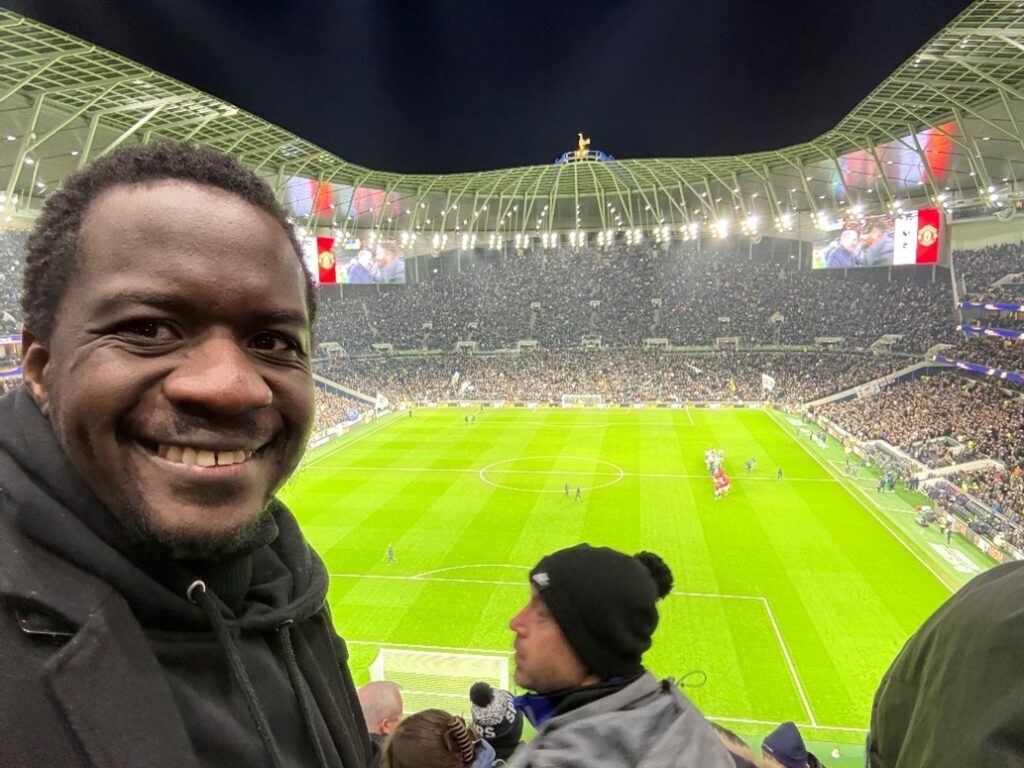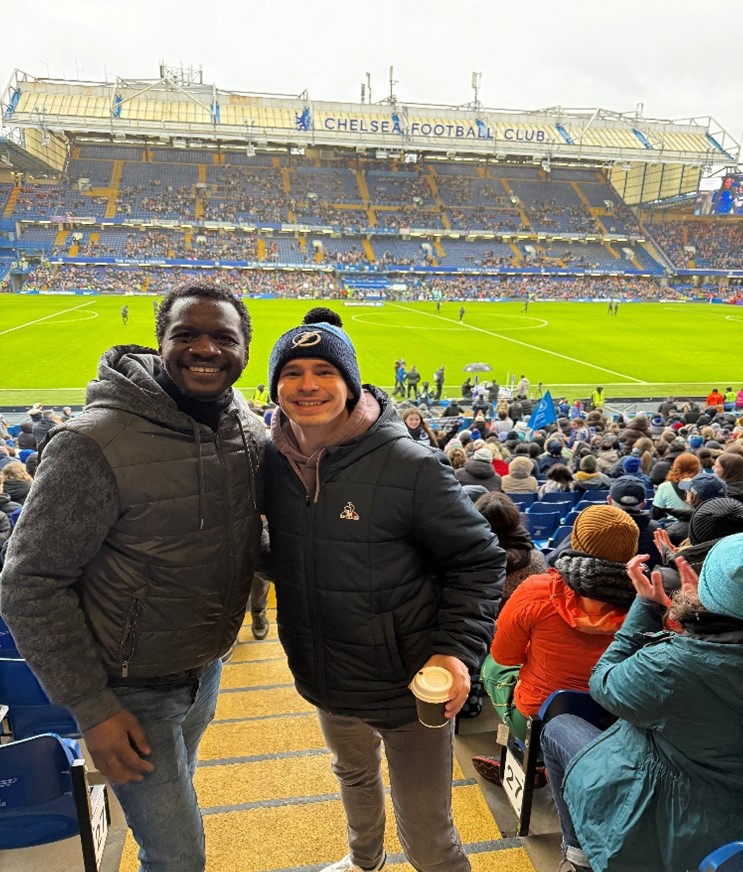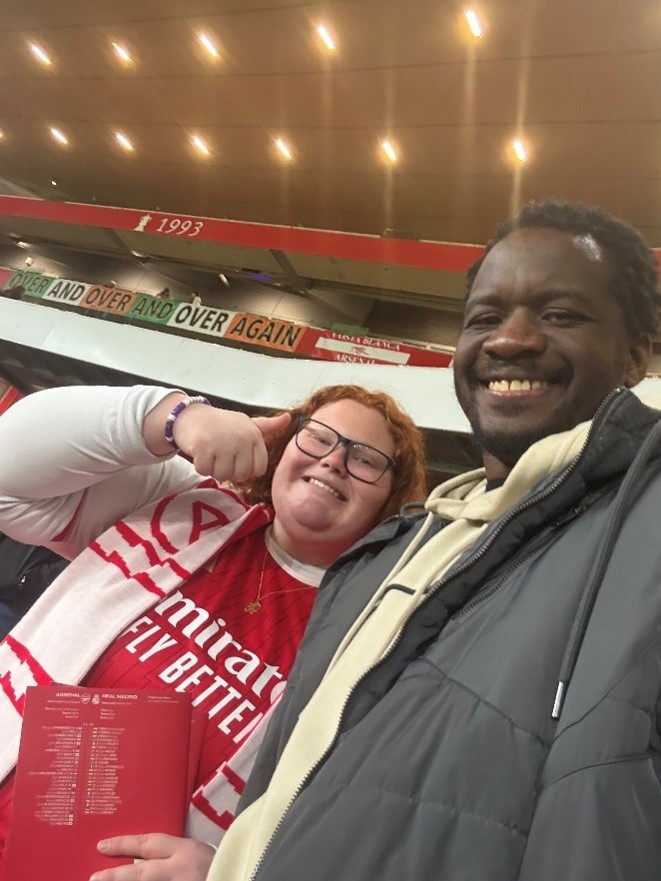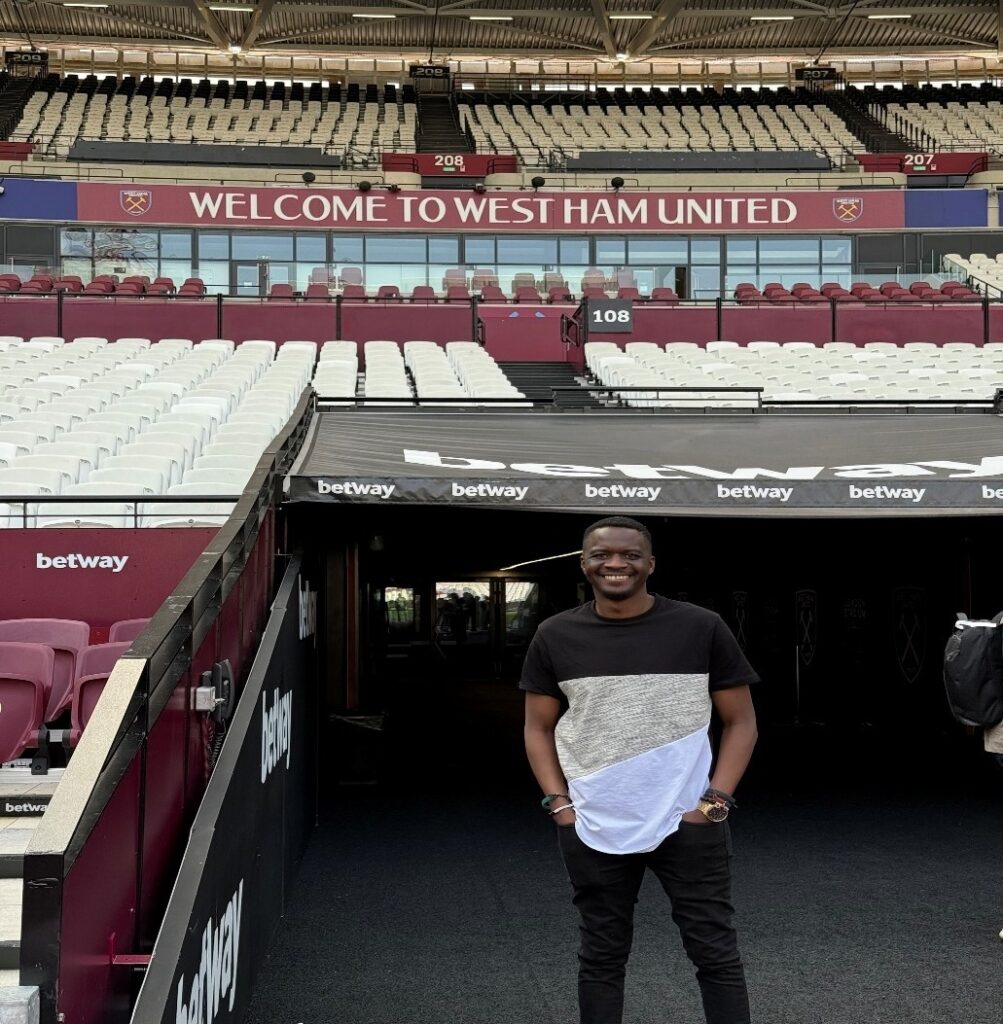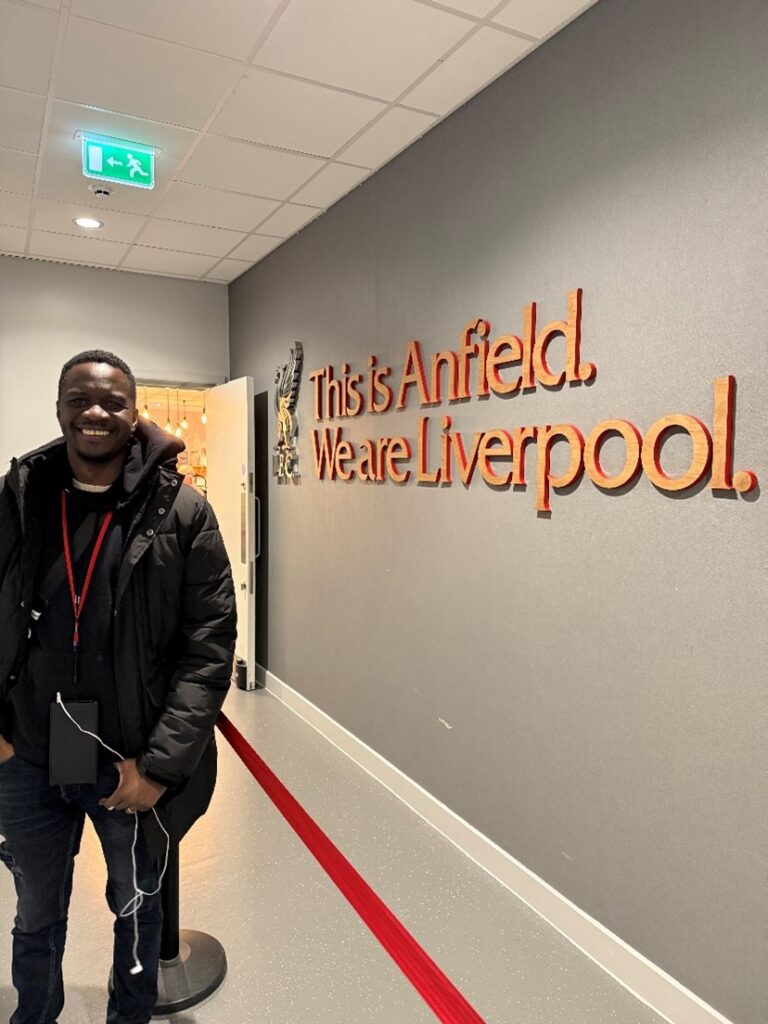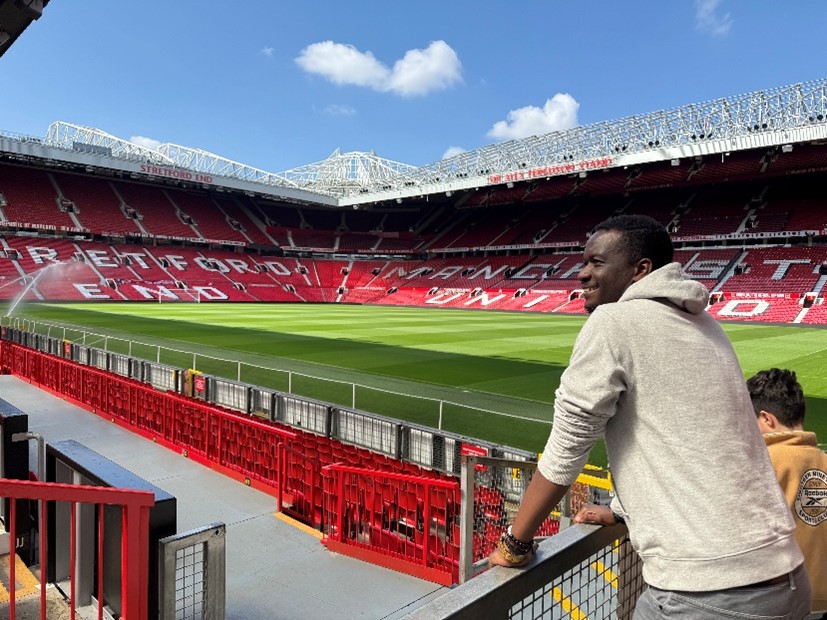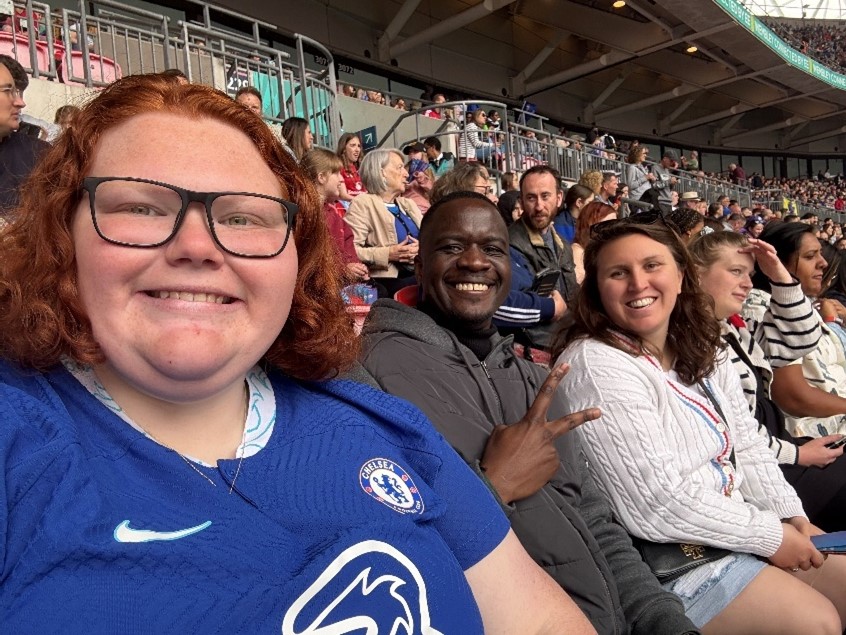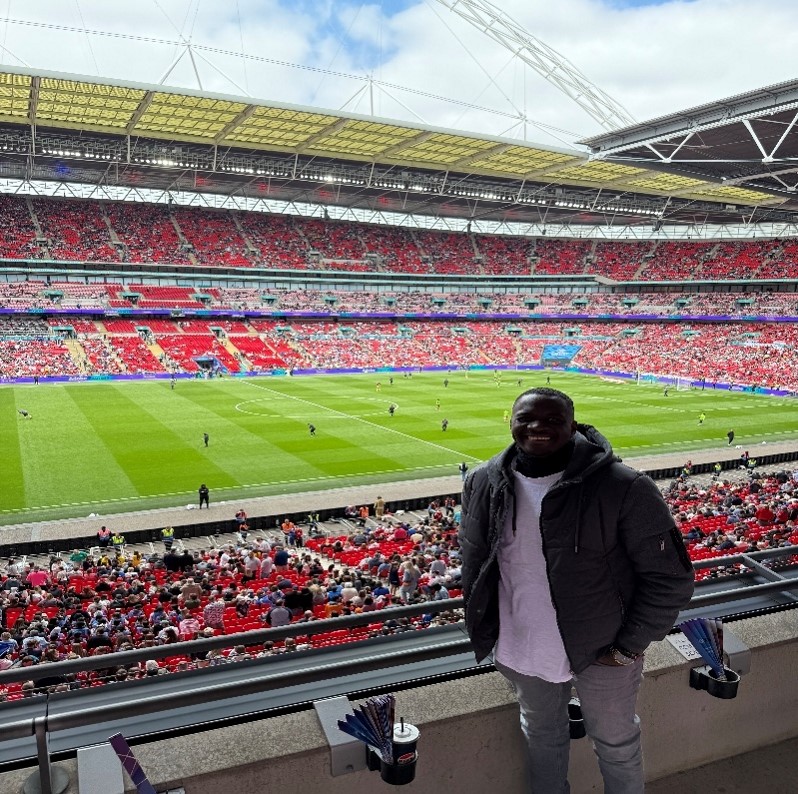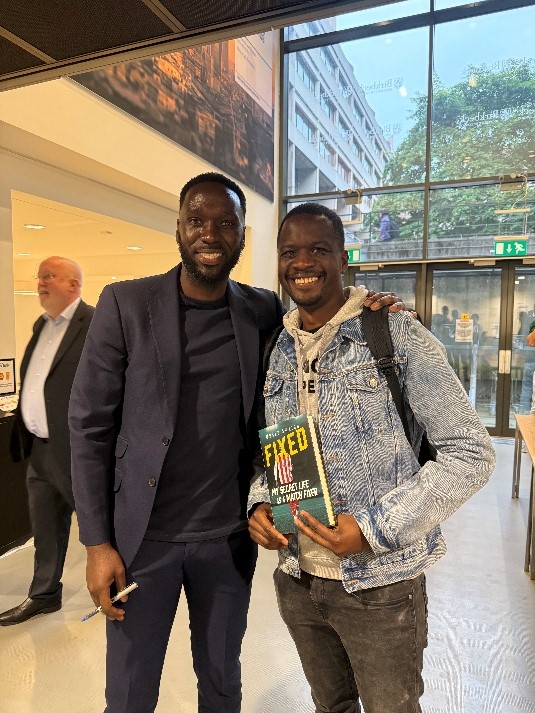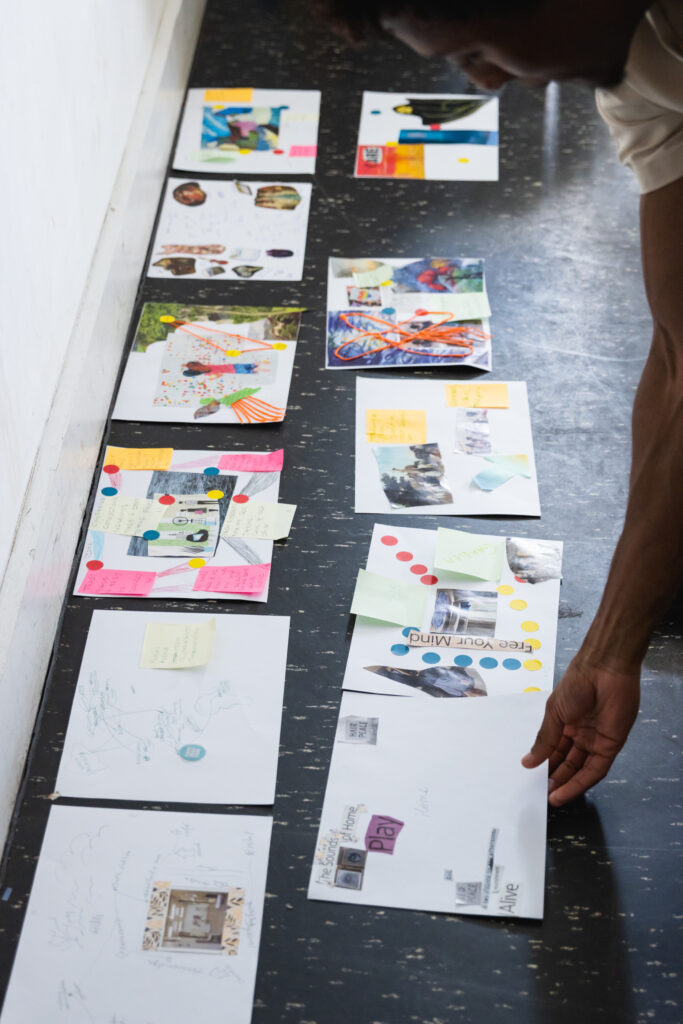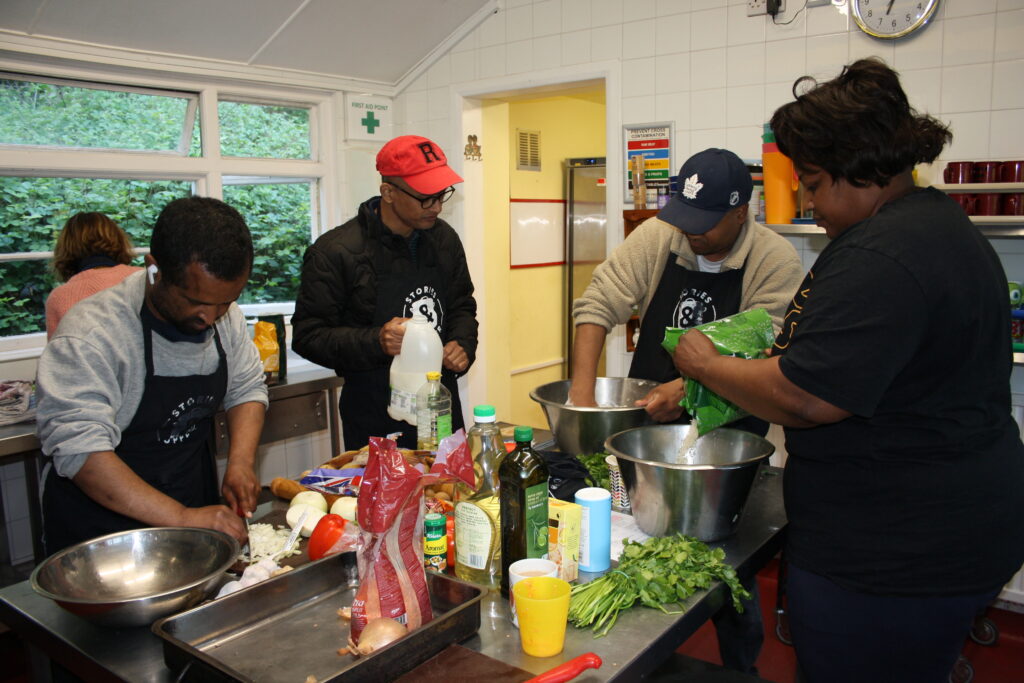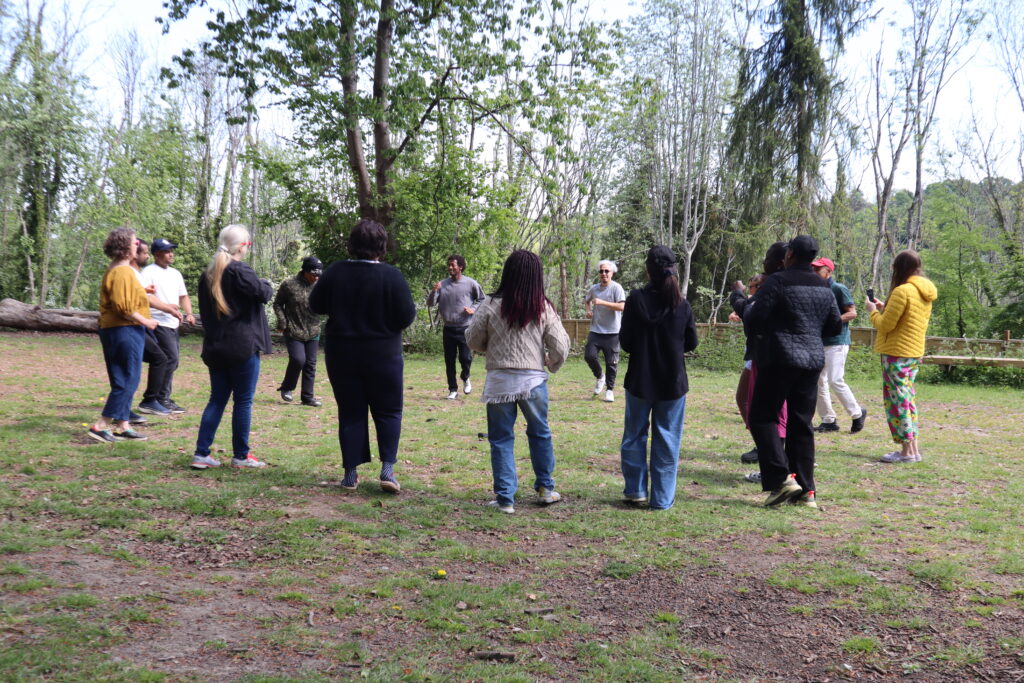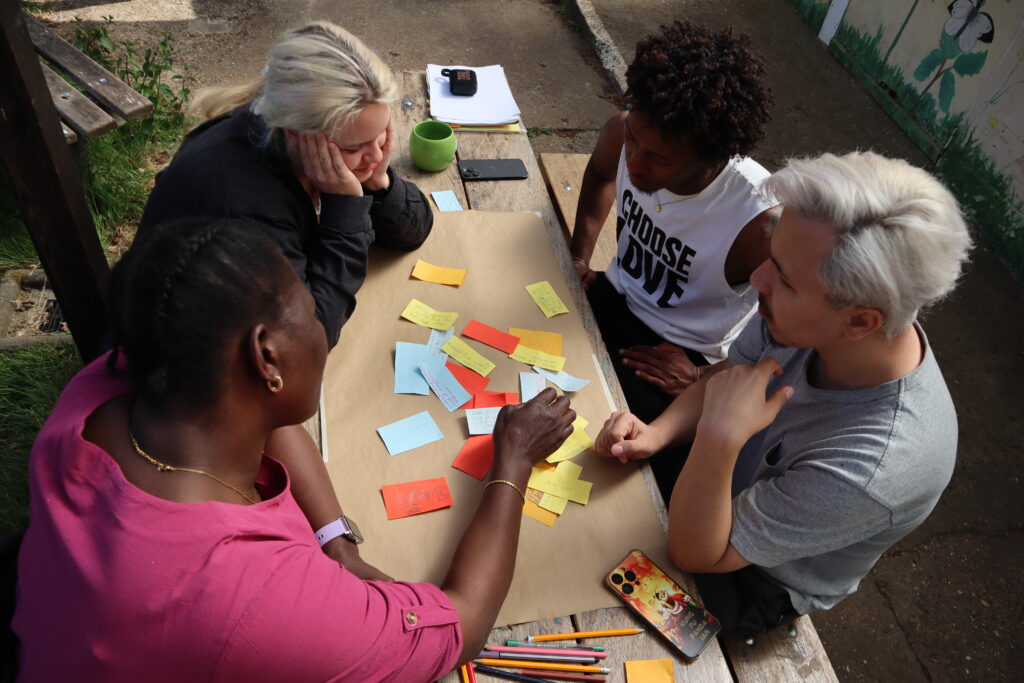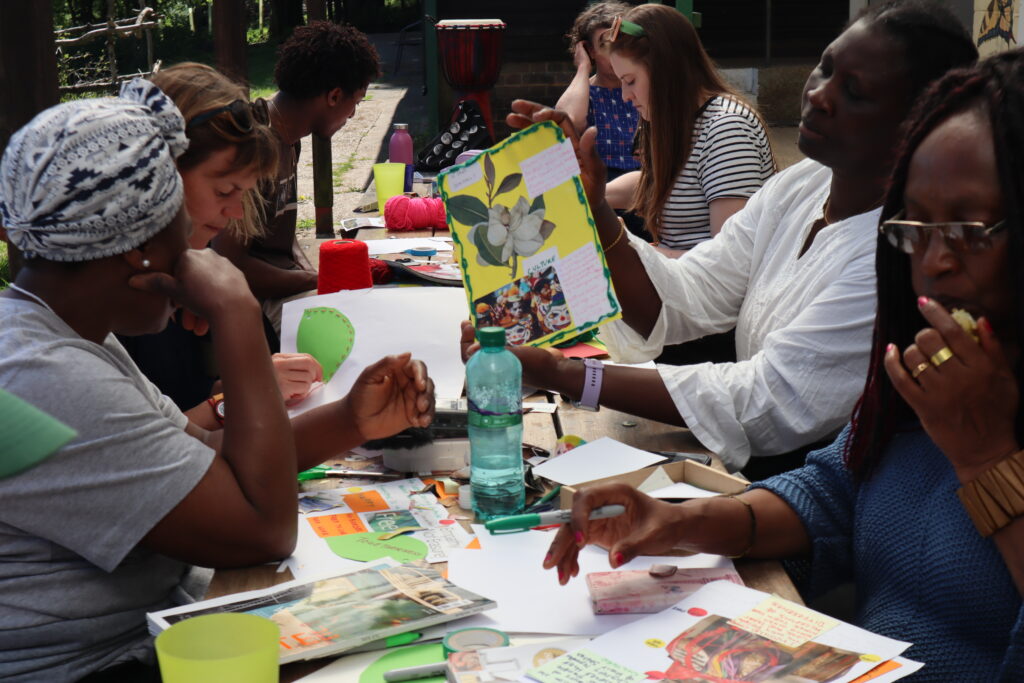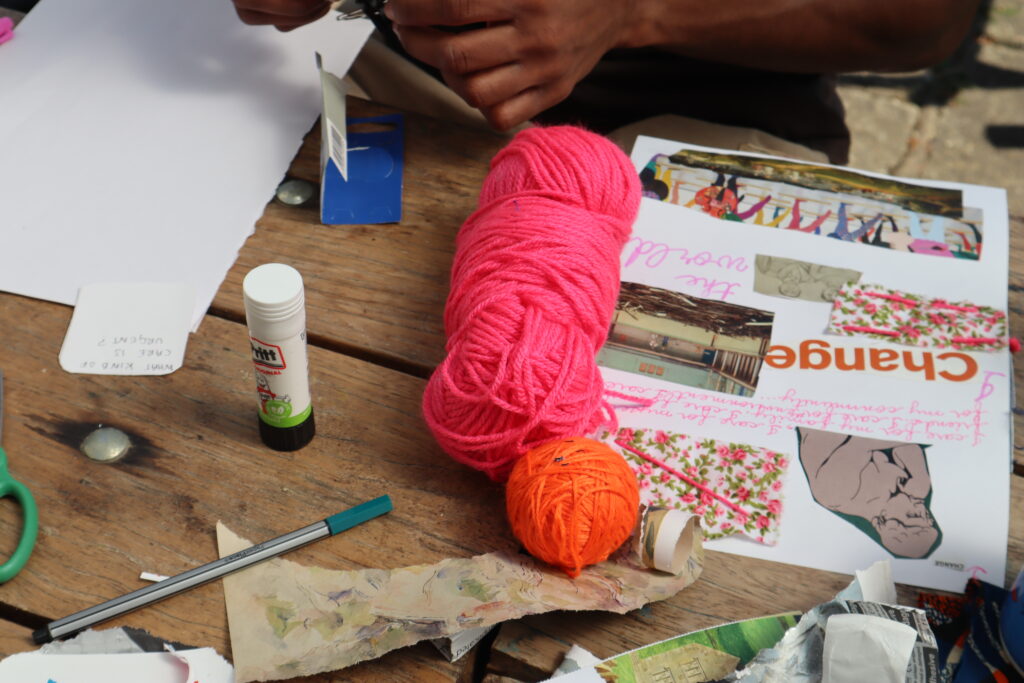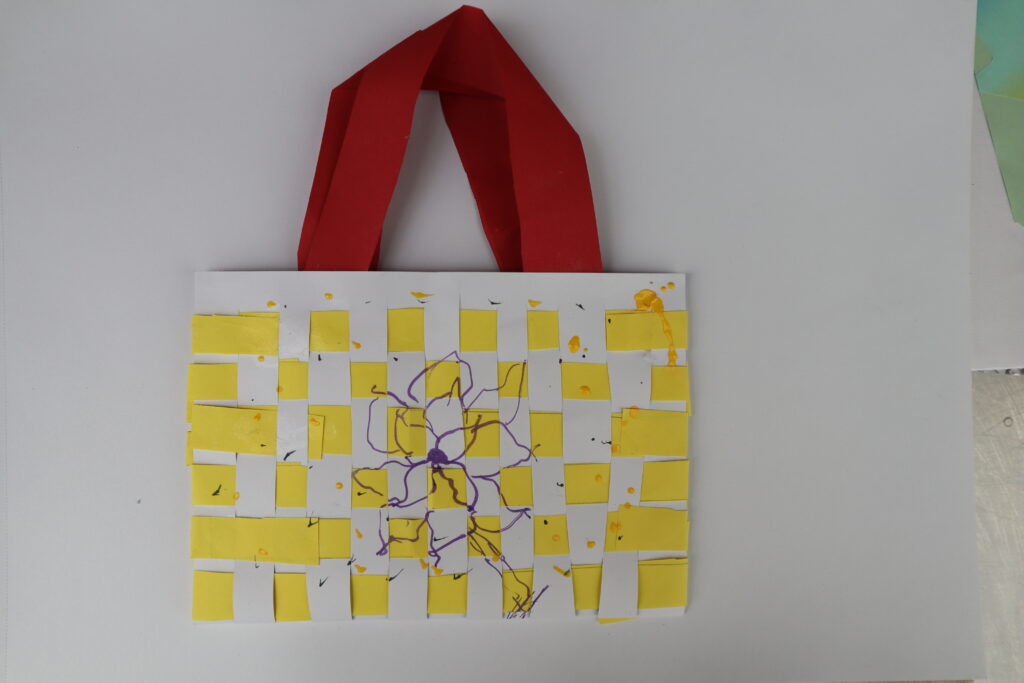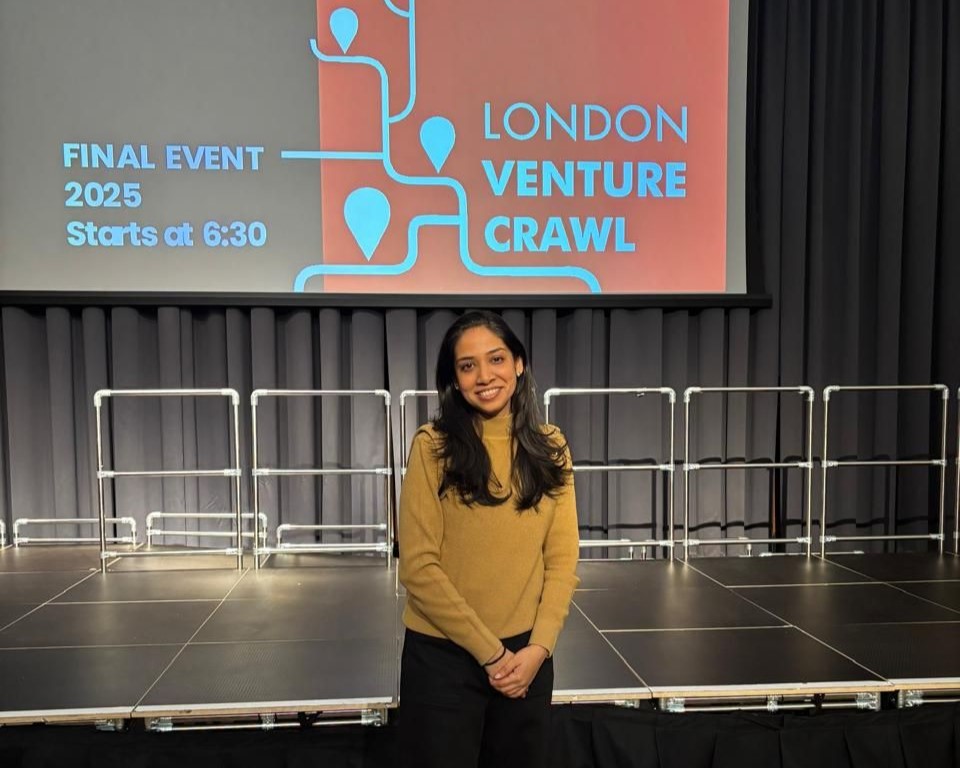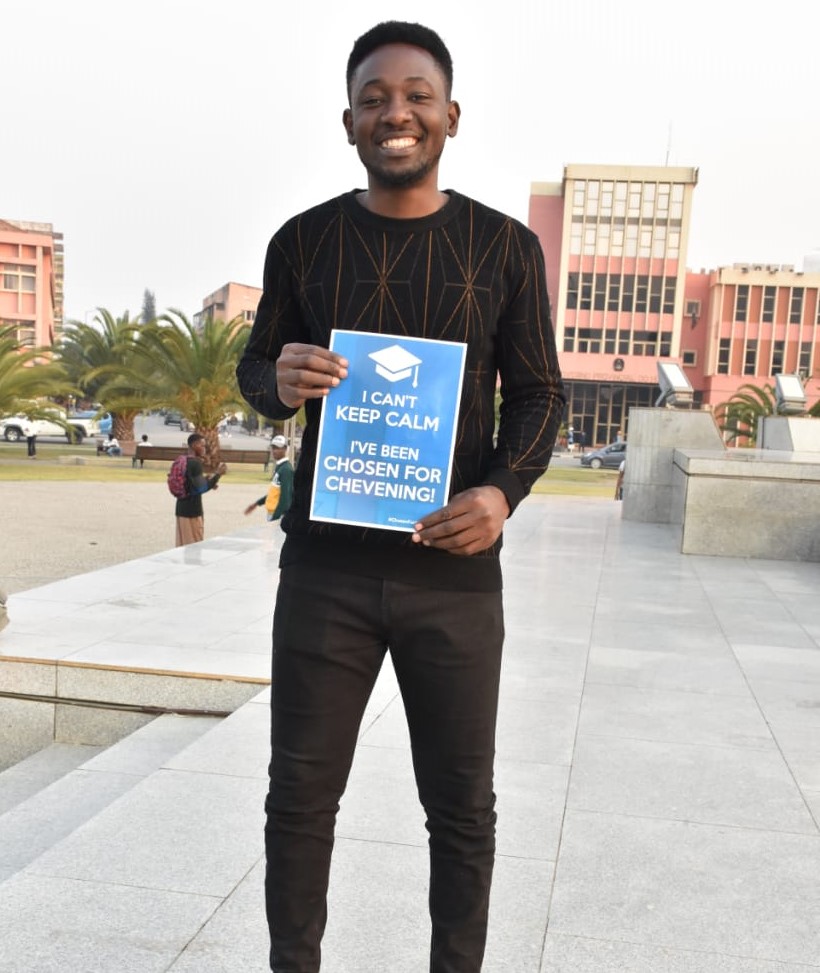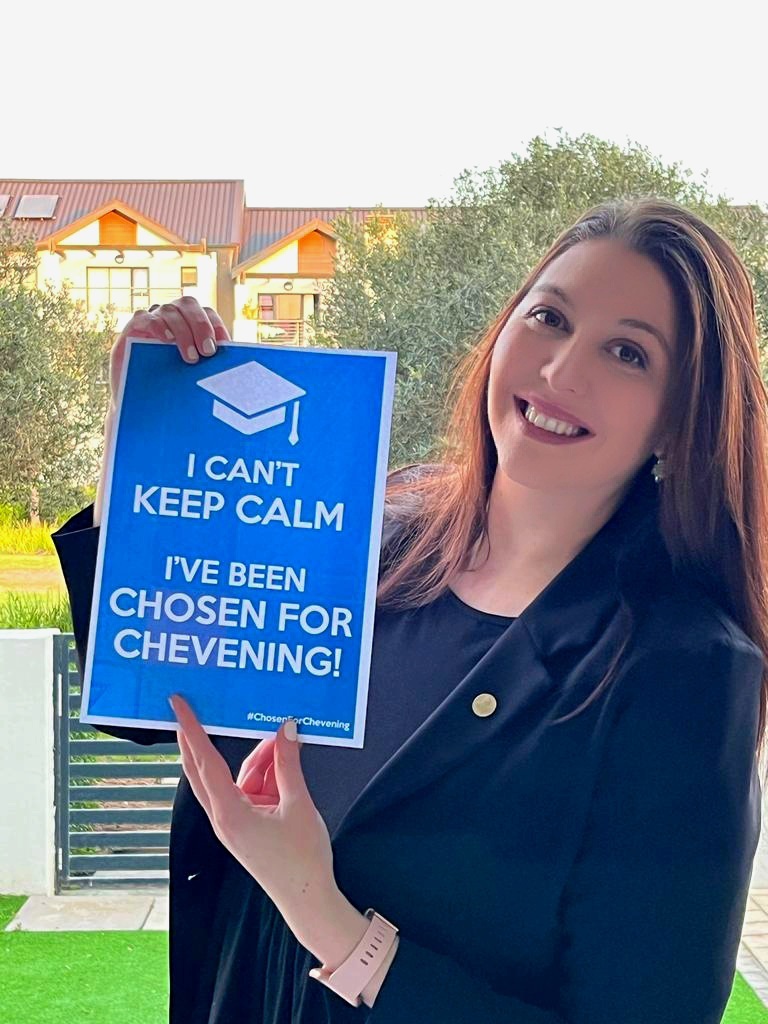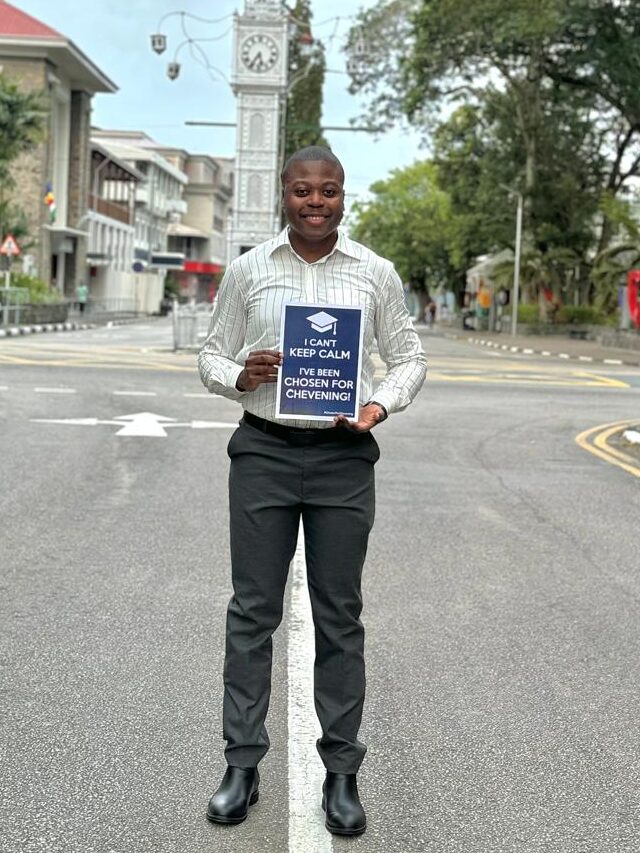Dr Ankita Nag, an MRC-funded postdoctoral researcher at Birkbeck’s Mycobacteria Research Laboratory (ISMB-MRL) and a member of UCL-TB, highlights the key takeaways from a recent research outreach and public awareness event on antimicrobial resistance hosted at Birkbeck.
Antibiotic resistance is one of the biggest challenges the world is facing today. Overuse and misuse of antibiotics have led to the rapid emergence of resistance among microorganisms, rendering previously treatable infections potentially untreatable.
Data from the UK Health Security Agency (UKHSA) shows the appearance of 1,775 cases of antimicrobial resistance, with nearly 400 of them being resistant to antibiotics. Since 2019, an increase of 13.1% in the occurrence of antibiotic resistance has been reported. This alarming increase in spread and emergence of resistance has been predicted to claim nearly 39 million lives by 2050.
Thus, the urgent need of the hour lies in understanding how to overcome the scary situation where we are left with no antibiotics to treat potentially life-threatening infections.

To understand the impact of antibiotic resistance and to tackle its spread and emergence, an event titled Behind the Bench: Tackling Antibiotic Resistance took place at Birkbeck on 21st November 2025.
Held as part of the World Antimicrobial Awareness Week (WAAW, 2025) and led by Professor Sanjib Bhakta’s research group in Birkbeck’s School of Natural Sciences, Behind the Bench was held both online and in-person, allowing participants from across the globe to attend. The event addressed some of the pressing issues related to antibiotic resistance and offered valuable insights into novel strategies that can be harnessed to combat the overuse of antibiotics in healthcare and the spread of antibiotic resistance.

Proceedings kicked off with an insightful speech from Professor Lucy Mazdon, Deputy Vice Chancellor of Research, Innovation, and Knowledge Exchange at Birkbeck. She emphasised the crucial importance of raising awareness about antibiotic resistance in society and finding effective solutions to prevent its spread. This was followed by a speech by Professor Katherine Thompson, Head of Natural Sciences at Birkbeck, who highlighted Birkbeck’s leading investigative research on understanding and tackling antimicrobial resistance and advised on the careful use of antibiotics, as microbes evolve rapidly and contribute to the spread of resistance.
The next part of the event consisted of an interactive Mentimeter quiz conducted by Professor Bhakta, where the audience was given a questionnaire related to the topic of antibiotic resistance and asked to share their perspective on addressing this global crisis. This activity reinforced the understanding of the rise of antibiotic resistance in the audience.

This was followed by a taster lecture by Professor Bhakta where he addressed the molecular mechanisms through which a bacterium can become resistant to different antibiotics. He further introduced his research on understanding the spread and rise of antibiotic resistance in tuberculosis (TB), one of the deadliest diseases on earth. He also highlighted the novel drug discovery approaches undertaken by his lab, uncovering the mechanisms of resistance related to TB. The talk also highlighted a collaborative partnership with researchers globally to tackle the problem of antibiotic resistance in TB.


The lecture was followed by poster presentations from members of Professor Bhakta’s lab (ISMB-MRL Research group), where they showcased the research activities performed by the lab. These also highlighted the major initiatives taken by the group to fight against the rising drug resistance in tuberculosis.

Later for those present in-person at the event, a guided lab tour was organized by the ISMB-MRL Research group. During this, participants were shown a non-pathogenic mycobacterial cell as seen under a microscope, after acid-fast staining, a technique frequently used in differentiating mycobacteria from other bacteria. They were also given a demonstration of how molecular biology-based assays, such as PCR, can assist in detecting antibiotic resistance. Throughout this segment of the event, there was a sense of fascination and excitement among the participants as the research of identifying the causes and mechanisms and tackling the emerging issue of antibiotic resistance came to life through practical examples.

“As a final year Biomedicine undergraduate, I found this session very valuable. This event enhanced my understanding of AMR.”
-WAAW 2025 Attendee
Overall, the event was a success in generating curiosity, empowering the future generation in embarking on novel and innovative ideas, and seeking a solution to eradicate the burden of antibiotic resistance. An important takeaway message is that a thoughtful and vigilant approach to using the “last-resort antibiotics” can help save millions of lives and preserve the effectiveness of antimicrobials for future generations.
For any further queries about the event or the research taking place on this topic, please contact Professor Sanjib Bhakta.
More information

